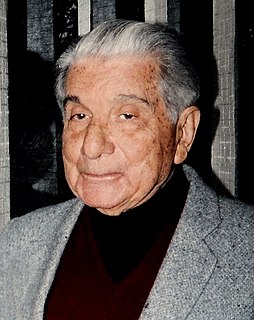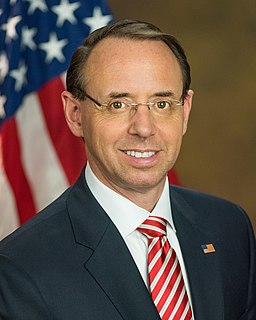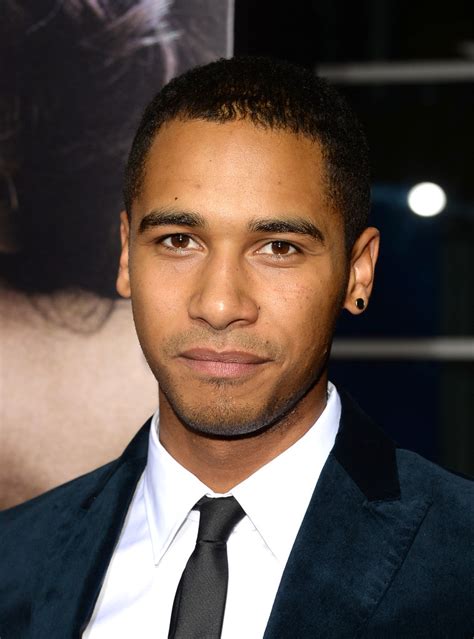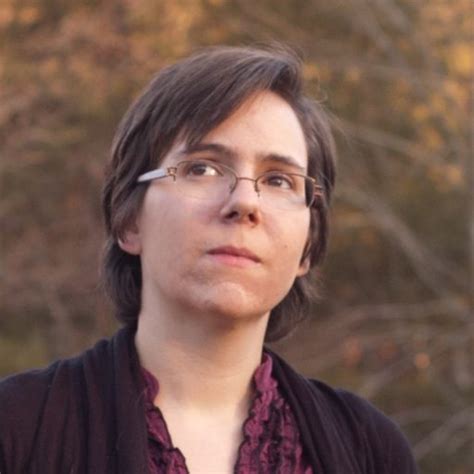A Quote by Michelle Alexander
My great crime wasn't refusing to represent an innocent man; my great crime was imagining that there was some path to racial justice that did not include those we view as 'guilty'.
Related Quotes
We are all guilty of crime the great crime of not living life to the full. But we are all potentially free. We can stop thinking of what we have failed to do and do whatever lies within our power. What those powers that are in us may be no one has truly dared to imagine. That they are infinite we will realize the day we admit to ourselves that imagination is everything. Imagination is the voice of daring.
During the Great Depression, levels of crime actually dropped. During the 1920s, when life was free and easy, so was crime. During the 1930s, when the entire American economy fell into a government-owned alligator moat, crime was nearly non-existent. During the 1950s and 1960s, when the economy was excellent, crime rose again.
'By Any Means' follows a team of behind-the-scenes crime-prevention team - not police. They basically go to the areas of crime where the police can't touch and organised crime fighting units can't go to - in the public eye - to bring about real justice, treading the line between 'true' justice and what the law says is justice.
He’s bound to have done something,” Nobby repeated. In this he was echoing the Patrician’s view of crime and punishment. If there was a crime, there should be punishment. If the specific criminal should be involved in the punishment process then this was a happy accident, but if not then any criminal would do, and since everyone was undoubtedly guilty of something, the net result was that, in general terms, justice was done.
We think of justice sometimes as getting what you deserve, you know? - ?what crime was committed and what is the punishment for that crime. That's how a lot of the criminal justice works. But God's justice is restorative, so it's not as interested in those same questions of "What did they do wrong?" and "What is the punishment for that?" It's more about what harm was done and how do we heal that harm, and that's a much more redemptive version. So, it definitely doesn't turn a blind eye to harm, but it does say we want to heal the wounds of that.




































